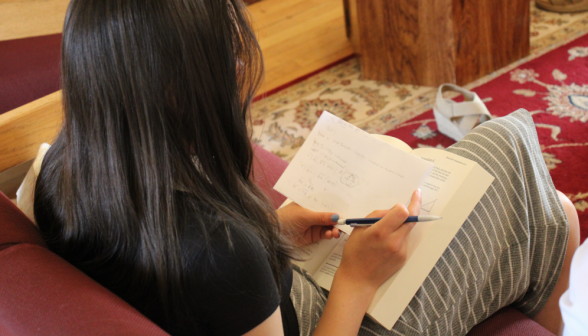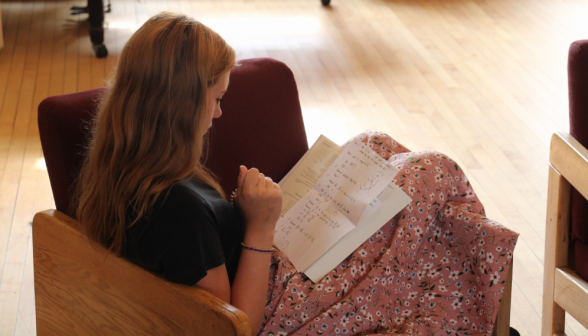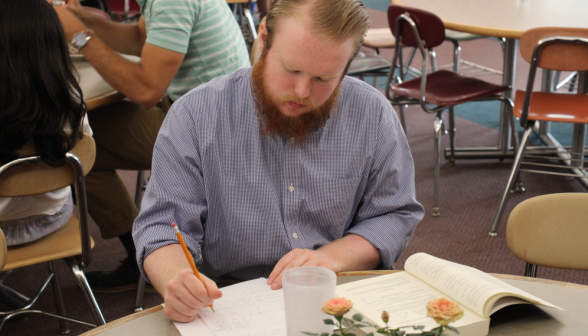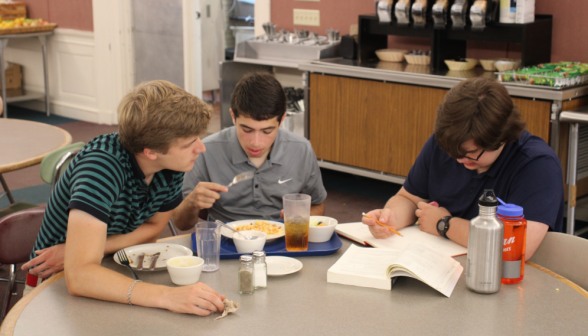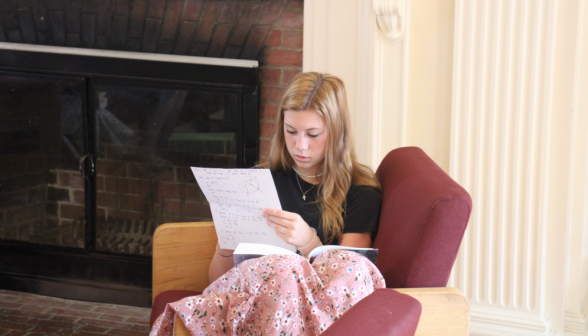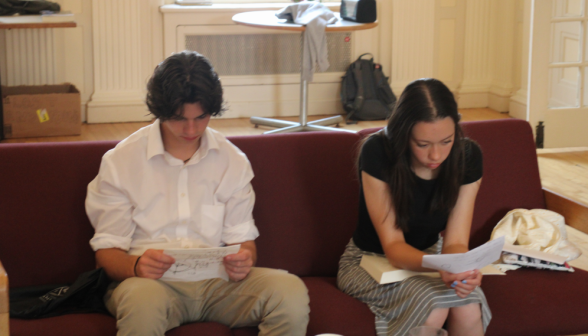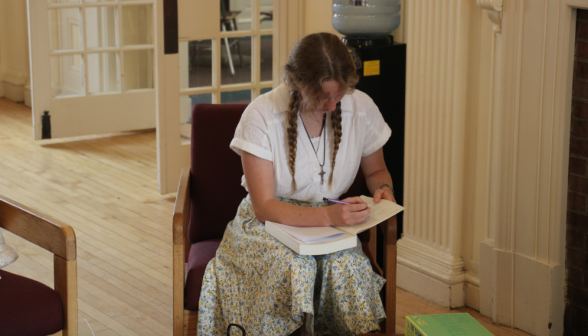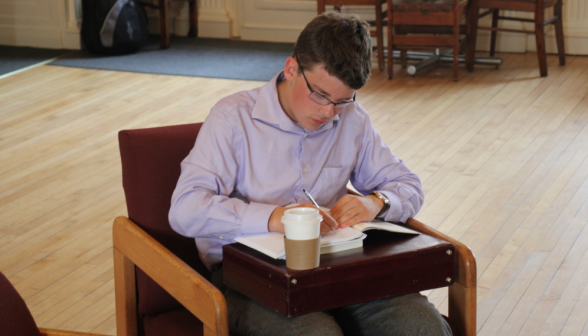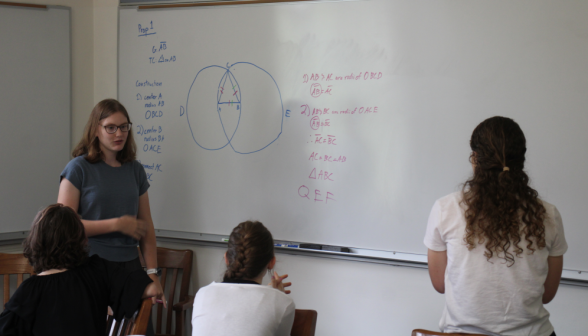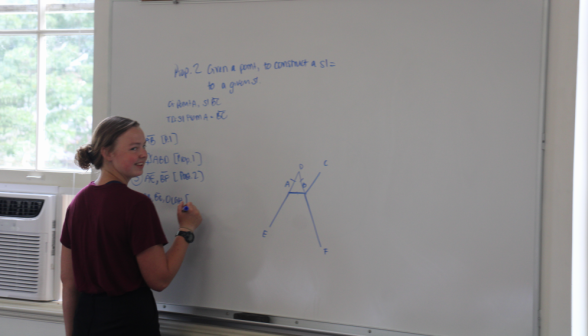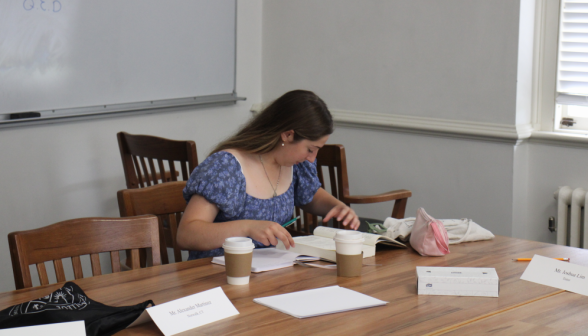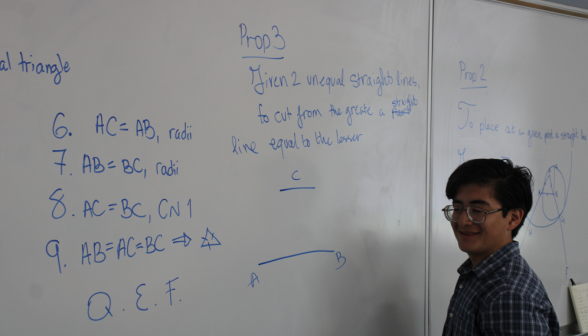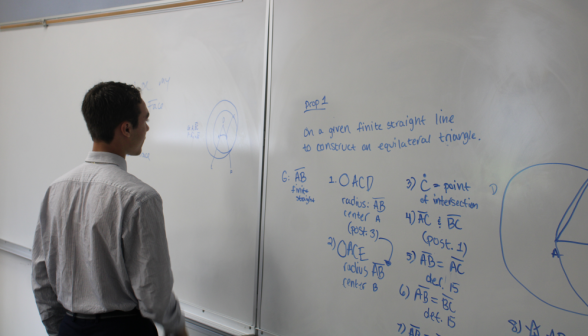- Home
-
About
 Fidelity & Excellence
Fidelity & ExcellenceThomas Aquinas College is unique among American colleges and universities, offering a faithfully Catholic education comprised entirely of the Great Books and classroom discussions.
-
A Liberating Education
 Truth Matters
Truth MattersTruth, and nothing less, sets men free; and because truth is both natural and supernatural, the College’s curriculum aims at both natural and divine wisdom.
-
A Catholic Life
 Under the Light of Faith
Under the Light of FaithThe intellectual tradition and moral teachings of the Catholic Church infuse the whole life of Thomas Aquinas College, illuminating the curriculum and the community alike.
-
Admission & Aid
 Is TAC Right for You?
Is TAC Right for You?Do you enjoy grappling with complex questions? Are you willing to engage in discussions about difficult concepts, with the truth as your ultimate goal?
-
Students & Parents
 Mind, Body & Spirit
Mind, Body & SpiritThere is always something to do at TAC — something worthwhile, something fulfilling, and something geared toward ever-greater spiritual and intellectual growth.
-
Alumni & Careers
 What Can You Do with a Liberal Education?
What Can You Do with a Liberal Education?Nothing speaks more to the versatility of the College’s academic program than the good that our alumni are doing throughout the Church and the world.
- Search
- Giving
Demonstrating and Deliberating
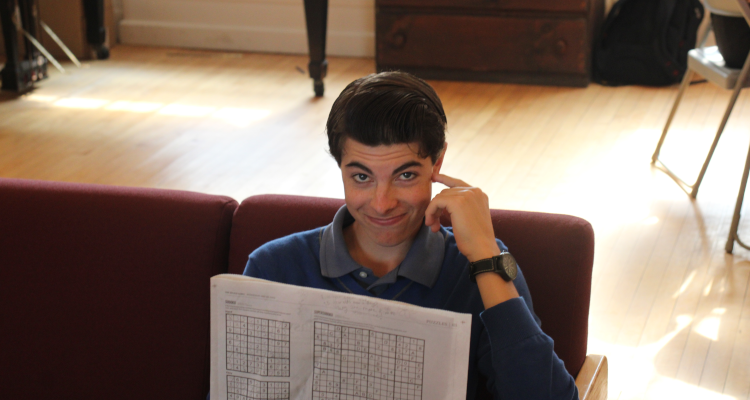
Students on the New England High School Summer Program put last night’s Euclid studying into practice at this morning’s classes. Some got in some last-minute studying, mentally revisiting Euclid’s enunciations and citations over breakfast before heading at last to Gianna Molla Hall.
At Thomas Aquinas College, math is a very engaging subject. Students are expected to present mathematical demonstrations on the classroom blackboard for their tutor and classmates, a habit which engenders rewarding and incredibly valuable skills over four years — and which the programmers were eager to begin acquiring!
“Mr. McCarthy described Euclid as something empowering, because it lets you see that you can do something you might not have thought you could, and I think he’s right about that. To me, it felt like fighting a battle — and winning.”
Students were expected to present the first three propositions from Euclid’s Elements, Book I. Each programmer stepped to the board to walk through the proof, expanding the section’s mathematical toolbox with each step. By the end of the morning class, sections left with rigorous demonstrations for constructing equilateral triangles, as well as producing and cutting lines equal to any given line.
“I did a lot better than I thought I would!” reported attendee Chuck A. “Mr. McCarthy described Euclid as something empowering, because it lets you see that you can do something you might not have thought you could, and I think he’s right about that. To me, it felt like fighting a battle — and winning.”
Students carried that newfound confidence into animated lunch conversations and then into their afternoon classes, where they began their journey through The Consolation of Philosophy, Boethius’s masterpiece on fortune, justice, and free will. Unjustly imprisoned, Boethius is tempted to despair as he wonders why the wicked thrive and the good suffer, but he is saved from despair by a visit from Lady Philosophy, who answers his questions by asking some of her own. In today’s reading, the pair establish that Boethius’s despair arises from his wounded intellect, and they prepare to provide a remedy. Students deliberated over what exactly his wound is — and what the coming pages might say about the remedy.
At the end of class, students returned from the classrooms, changed from their class clothes, and began a well-earned recreation period! Remember to head back to the Summer Program Blog tomorrow to read about the this afternoon and evening’s adventures!


